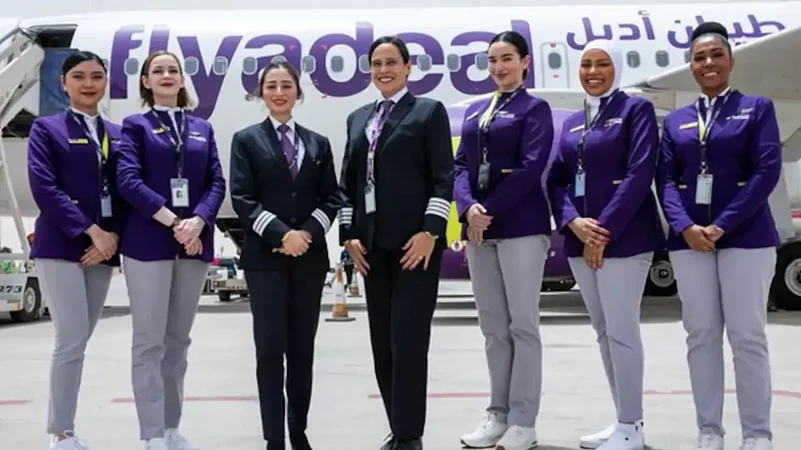It is a matter of great pride that India has the largest proportion of female pilots worldwide. But can the same be said about women in management roles?
Due to the imbalance of domestic duties, women are known to leave the workforce earlier than men. A recent study by IIM Ahmedabad states that only 5% of women assume management roles in Indian companies. This can be a huge setback since we lose out on the contribution of women to the economy and the allied benefits of their talent. Challenges that plague women include poor maternal benefits, time constraints, unequal pay and promotion opportunities and non-inclusive policies.
Aviation can benefit from hiring and increasing the representation of women in leadership and entrepreneurial roles. Positive improvements will occur in the industry as a result of the advancement of women and assistance in removing obstacles that prevent them from moving up the ladder.
Healthy and Balanced Environment
More women in management roles will ensure a healthy exchange of perspectives and experiences across genders. It helps remove stereotypes attached to gender and cultivate wholesome work culture. A skewed gender ratio of management can lead to apprehensions and a single line of thinking, which does not work for aviation companies since they need to operate in a global environment. It also puts focus on selecting the best talent for the job irrespective of gender. Women decision-makers are instrumental in creating safer spaces for women to voice concerns relating to workplace harassment.
Inclusive Policies
Policies formulated by male-dominated management may not always work in the favour of women in the talent pool. Men do not have the benefit of lived female experiences like maternity, primary childcare, and periods and hence may not be able to gauge and formulate holistic policies for women. To retain women in management, it is important they stick around. This is a cyclical benefit which includes more women forming better policies for women, who can then enjoy long careers.
This also works on the customer front of the aviation industry. Female customers will be able to benefit from well-thought-out policies if more women in management are a part of the decision-making process. Those in training roles will be able to create holistic learning and training programs.
Playing Role Models To Other Women
Women in management roles play apt role models for young female talent. The possibility of balancing roles and assuming management positions seems possible to these aspirants, having seen live examples on the job. Here sharing one’s journey and mentoring younger talent plays a key role. If the number of success stories of women in aviation, beyond being pilots increases then the confidence of female talent increases. Job categories otherwise considered predominantly male will achieve a healthy gender ratio if we have more successful women at the top. We have been fed the narrative of “aviation is a high-pressure career not suitable for long careers for women”. It is time to break the stereotype and welcome more women to make key decisions and assume roles of power.
Upskilling and re-skilling of talent should be encouraged. Meritorious female talent should be invested in and mentored. Discrimination basis marital status and children should be abolished. Committees and safe spaces should be set up to address concerns and give a platform to voice their opinions. If we take these steps in a positive direction, we can lead India’s aviation workforce to be a gender-balanced, forward thinking workforce.
(The author is Founder and Director, Myfledge Institute of Aviation and Hospitality)

















